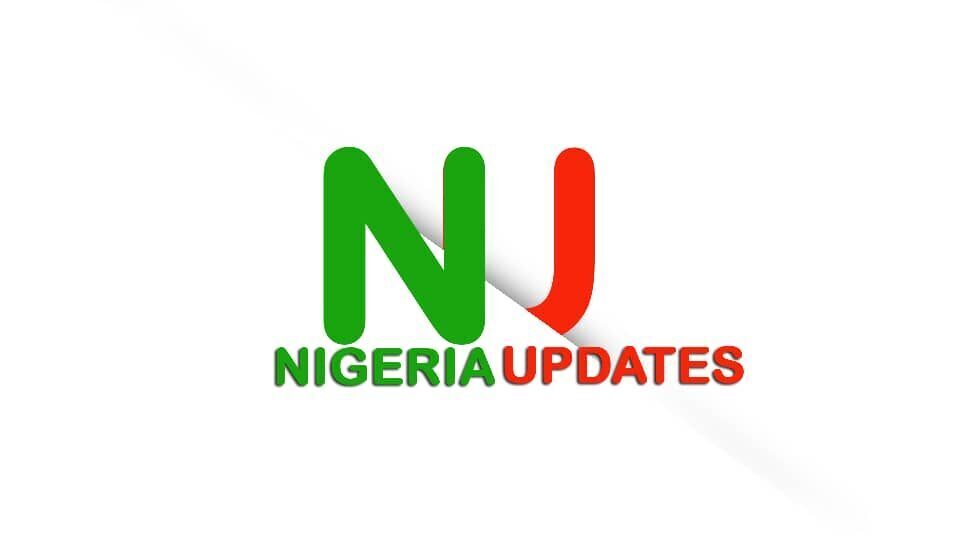President Bola Ahmed Tinubu has fully repaid all outstanding loans Nigeria owed the International Monetary Fund (IMF), marking a major milestone in his administration’s economic reform agenda. The development has been described by civil society groups as a bold and strategic move towards fiscal sovereignty and long-term economic stability.
Historically, Nigeria has turned to the IMF to support its economy during periods of fiscal imbalance, currency depreciation, and developmental shortfalls. While IMF loans often provide temporary relief, they also come with stringent conditions that can restrict domestic economic autonomy.
In a statement released by the Frontline Socio-Economy Research Centre (FSRC) and co-signed by several civil society organizations, Balogun Hameed, Convener of FSRC, lauded the move:
“With a determination to resuscitate the glory of the Nigeria economy, President Bola Ahmed Tinubu (PBAT) is not leaving any stone unturned. This determination is what keeps motivating him from the inception of this administration to ensure that all economic inhibitors, especially the external ones like the IMF Loans are cleared off. To this end, it is a big relief to hear that PBAT has finally settled all the debts Nigeria is owing the IMF with all necessary documents signed and counter signed this past week.”
The group emphasized that the full repayment of IMF loans will ease Nigeria’s debt burden, reduce interest servicing costs, and free up revenue for investment in critical sectors such as transport infrastructure, healthcare, and education.
“Repaying these loans in full will, no doubt, bring about significant economic and political benefits that would contribute to long-term national stability and economic growth,” Hameed said.
Furthermore, the group noted that Nigeria’s international creditworthiness will improve significantly, enhancing investor confidence and attracting more Foreign Direct Investment (FDI).
“The full repayment would enhance the status of Nigeria’s international creditworthiness, which will in turn send a signal to global investors, credit rating agencies, and financial institutions that Nigeria has now become a responsible economy and more committed to debt management.”
The statement added that with the end of IMF loan dependency, Nigeria can now design and implement economic policies without external interference, allowing greater policy flexibility.
“Once this is regained, Policy Flexibility then comes in. Nigeria implements its own economic policies without being tied to IMF unconditionally, which often requires specific policy adjustments,” the strategist noted.
The CSO coalition expressed optimism that the new economic landscape will empower Nigerians to build small and medium enterprises with long-term growth potential.
“Nigerians would have a convenient economic space where they can confidently start a business on a small scale, nurture it, and then turn it into a medium and macro venture in the long run.”
The group also praised Tinubu’s administration for showing commitment to fiscal discipline and urged Nigerians to remain patient.
“With PBAT’s Midas touch, foreign, international, and local investors will now be confident that Nigeria as a nation is committed to fiscal discipline that attracts more foreign investment.”
“As a civil society group, we would continue to commend President Tinubu administration’s economy policy for his bold steps and initiatives. We would also like to assure Nigerians that better days are close to sight. So we appeal to Nigerians to be a little more patient with PBAT as he is tirelessly working to lay a stronger economic foundation for citizens and investors to build macro ventures and mega businesses.”


 Entertainment7 days ago
Entertainment7 days ago
 Entertainment6 days ago
Entertainment6 days ago
 Business7 days ago
Business7 days ago
 Metro6 days ago
Metro6 days ago
 Lifestyle6 days ago
Lifestyle6 days ago
 Nigeria News5 days ago
Nigeria News5 days ago
 Entertainment6 days ago
Entertainment6 days ago
 Entertainment6 days ago
Entertainment6 days ago





















